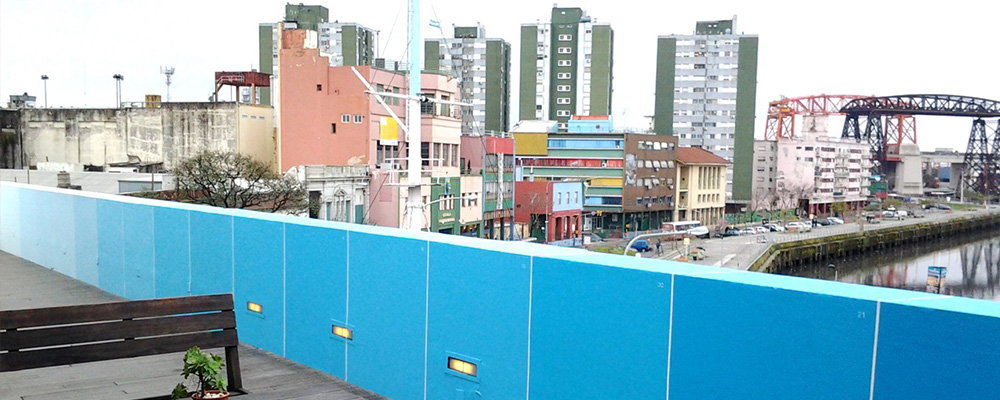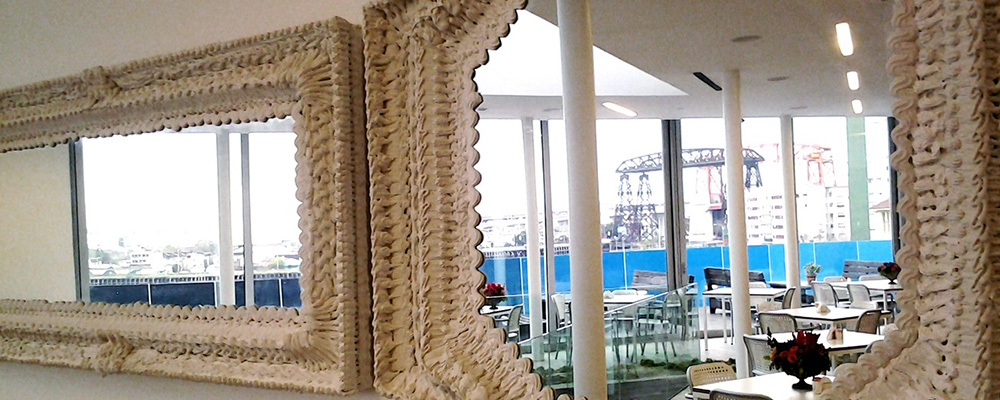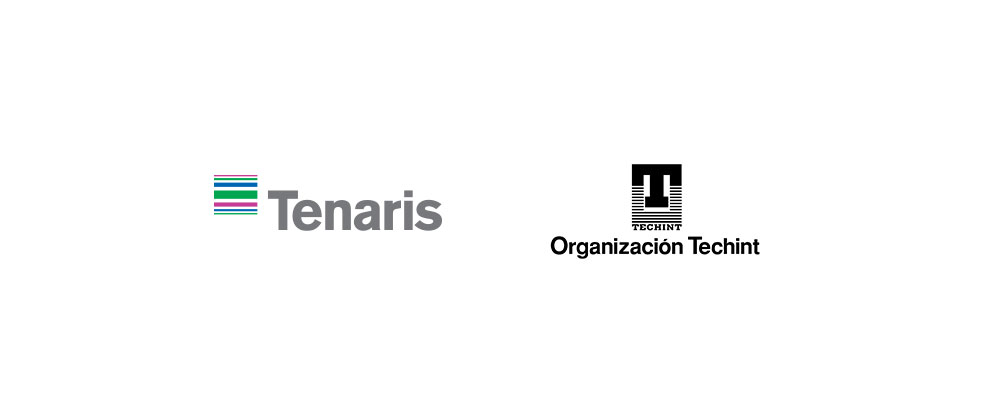PRESENTACION
Espacio Contemporáneo
Final del Juego
A partir del sábado 6 de septiembre de 2014, el Espacio Contemporáneo presenta la exhibición Final del juego, con Laeticia Mello como curadora invitada y las intervenciones de los artistas Alexandra Kehayoglou, Luciana Rondolini y Guillermo E. Rodríguez.
En el centenario del nacimiento de Julio Cortázar, la propuesta de la exposición toma el diseño arquitectónico de Proa y el espacio del Café para reponer el sentido lúdico y abierto de la obra cortazariana. Partiendo del relato Continuidad de los parques (incluído en el libro Final del Juego), las tres intervenciones que forman parte de la propuesta curatorial desarrollada por Mello reflexionan sobre las diferentes posibilidades de lectura e interpretación que puede disparar una narración; como señala la curadora: “Del mismo modo que el cuento de Cortázar, las instalaciones no constituirán una lectura unívoca sino un campo de posibilidades,una invitación a escoger diferentes perspectivas de apreciación”.
Final de juego es la segunda de las cuatro propuestas elegidas durante el encuentro Selección de Proyectos 2014/2015. La convocatoria fue realizada por Espacio Contemporáneo en marzo de 2014 con el objetivo de seleccionar proyectos de intervención site-especific y generar un espacio pedagógico de intercambio y debate sobre las intervenciones contemporáneas.
Contemporary Space
End of the game
by Laeticia Mello, Curator
On the centenary of the birth of Argentinean writer Julio Cortázar, we have decided to develop, both as an artistic initiative and as a tribute to the author, an exhibition that brings an aspect of his literature to the field of contemporary visual arts.
Specifically, we refer to the concept of open artwork, addressed in multiple pieces of his authorship, where through maps scattered within the text, Cortázar gets to grant the reader the opportunity to choose his own ending and meaning of the work.
As an author, Cortázar deeply expanded the horizons of Latin American literature tradition. His writings, many of them marked in the context of the Latin American Boom, created a new possibility of reading, breaking the canons of magical realism, unfolding temporal linearity and initiating interrogations about the true understanding of the real and the fantastic. The characters in his stories acquire autonomy and psychological depth through the use of multiple perspectives, narrative voices and challenging neologisms. One of Cortázar texts that best raises this polysemy making possible different significances in their interpretation is “Continuidad de los parques” (Continuity of the parks) (“Final del juego” (End of the game),Editorial Sudamericana, 1964).
Our proposal outlines a creative system for these “three dialectic realities” suggested by the author, the reality of the main character, the one of the lovers and ours as (real) readers. Each of the artists worked on Cortázar writings appropriating his discourse by unique plastic or visual languages looking to account for the multiple ways in which the viewer reacts to the surrounding space. Three site-specific artworks are located in the space of Cafe Proa. Each one rises timeless to the paradigm shifts and cultural concepts, focusing mainly in the vision of the artists as participants’ subjects. We propose an open definition of the artworks installed in the space, encouraging visitors to develop their own interpretation by the text “Continuity of the parks”. As in Cortázar's short story, the installations will not constitute a unique understanding but a field of possibilities, an invitation to choose different prospects for appreciation.Exhibition credits
Opening
Saturday 6th, September – 17 pm
-
Artists
Alexandra Kehayoglou / Luciana Rondolini / Guillermo E. Rodríguez
-
Guest Curator
Laeticia Mello
-
Contemporary Space Cordinator
Santiago Bengolea
Acknowledgements
To Fundación Proa.Familia Kehayoglou, Mello, Rodríguez y Rondolini. José Huidobro, Celeste Figueredo, Matías Pizarro, Hernan Soriano, Fernanda Castello, Nicolai Sommerfelt, Gabriela Yubatti, Andrés Pereira Paz. An special thanks to Victoria Verlichak, Matilde Marín and Santiago Bengolea.
-
Main sponsor
Tenaris – Organización Techint


